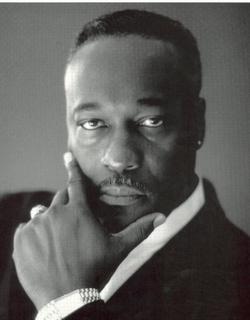Do you say what you mean?
How often is it that you say this? " I know what I said, but that's not what I meant to say." Words are very critical in order to have and maintain effective communication. But maybe you feel that's too much thinking. How often do you consider what you are going to say before you say it? There are those who feel it is easier to apologize for something said unintentional than to think prior to speaking. The tongue is capable of leaving lasting impressions for positive or negative wounds that may not heal without scars.
I was listening to some news reporters speaking after the verdict of the Michael Jackson case. There were quite a few to say " He was ACQUITTED, that does not mean he is INNOCENT." They are very particular about the language and use of words.
I was taught when recording conditions of clients in a state hospital to ONLY write what you see, NOT what you think it means. For instance, If it was during the night and I had to document, I would write something like this: The client was noted lying in his bed with his eyes closed breathing. I could not write. The client was sleeping. Do you see the difference?
What if your doctor was not specific in his language to you concerning your condition or to his assistants during surgery? What about an attorney defending a case for you . How about an employer in his instructions to you concerning your job responsibilities?
The above areas seem pretty obvious, but why is it that we seem to sometimes not take our words in personal conversation as serious? Maybe we believe we should be able to relax when we are with friends and not have to really say what we mean. There is even the possibility that we have become accustomed to talking to people who don't really listen, therefore we are not as conscious about what we say. I find that people who know they are listened to seem to be a little more conscious about what they say before they say it. What do you think about that?
While on the subject of words , they say there are thousands of words available to us, but most people stop adding words to their vocabulary in their late twenties to early thirties. When is the last time you added a new word to your language? Is your language above and beyond average?
There is always the matter of interpretation. That is a topic for another discussion . This week we would like you to do two things. 1) See if you are actually saying what you mean in conversation and 2) add one new word to your conversation this week. I believe if you do this it will have a renascent effect on your communication.
Respect


2 Comments:
I know I have been guilty of "sloppy" communication. I am grateful that you raise this as an issue because it is something to really think about. I would say that I am most guilty with people whom I am most relaxed around, as you said. Does this mean that the people I care about most deserve less than my best in communication? Of course not! These are the people I should be most careful with! Thank you for raising my consciousness in this area.
Communication, in and of itself, needs to become a "new" word for many. Talking or saying words does not equate to communication. Think before you speak so your "words" can have real meaning. Communication can also take place without utterance. Have you ever given or received a look from across a room and responded? If so, communication took place. In addition to adding a new word, I challenge others to delete pejorative words,language and communication from their vocabulary and speech, especially when communicating about self and others.
Post a Comment
<< Home